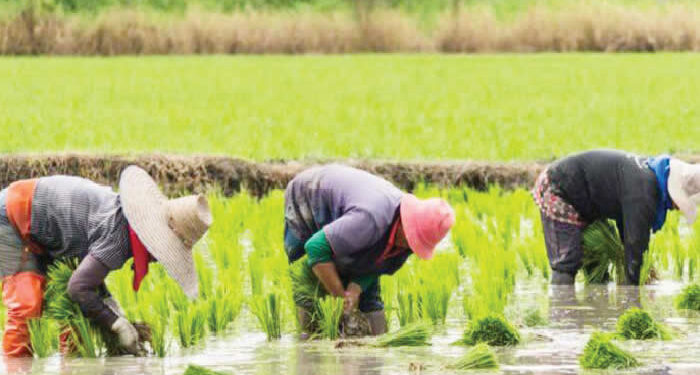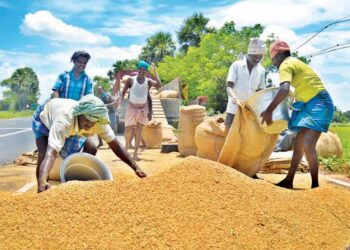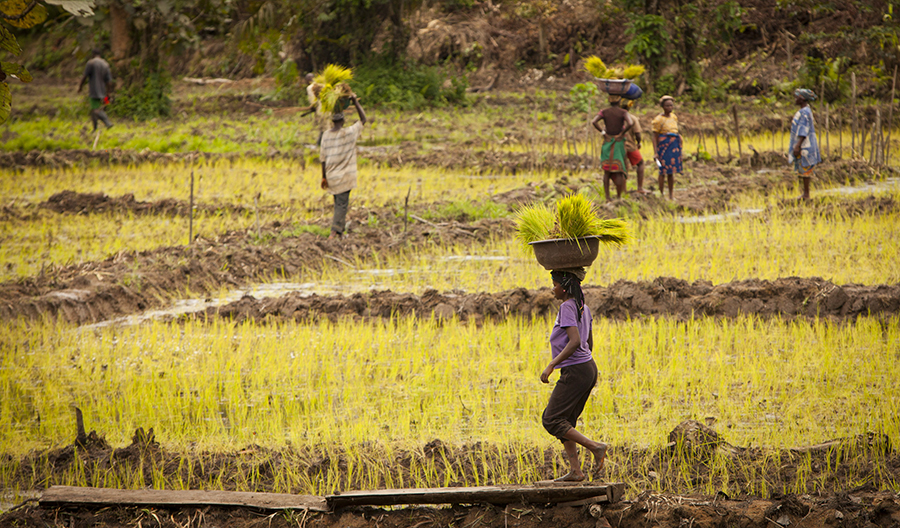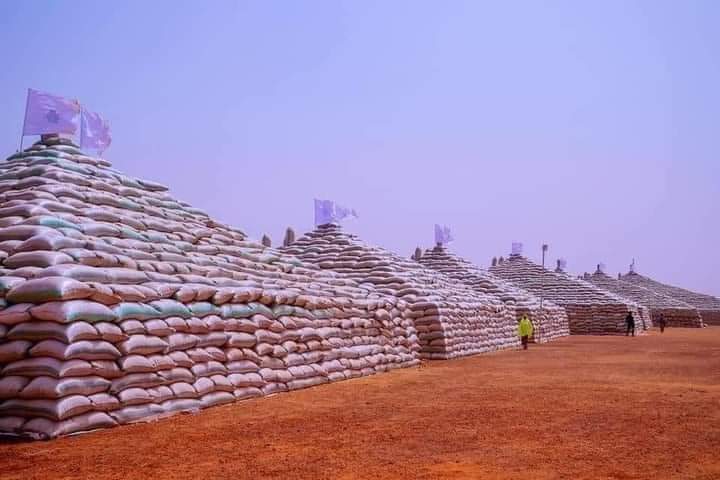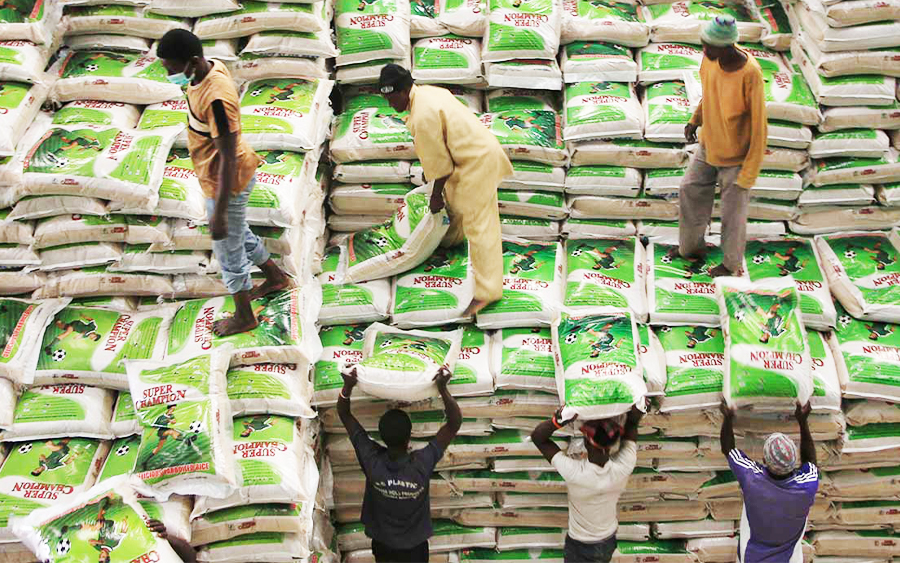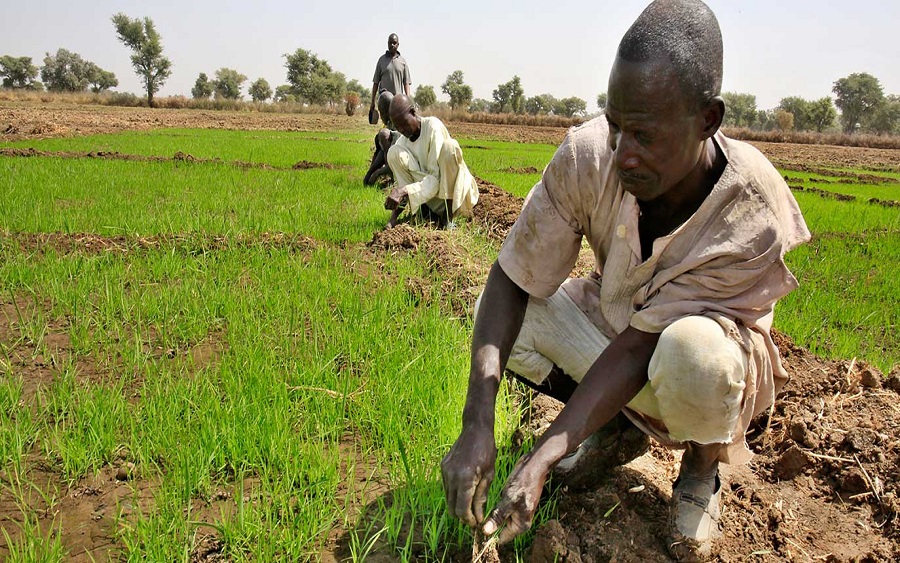The Rice Farmers Association of Nigeria (RIFAN) has expressed concern over low production output in the sector amid rising demand, attributing it to inconsistencies among farmers.
RIFAN Lagos State Chairman, Mr. Raphael Hunsa, stated this in an interview with the News Agency of Nigeria (NAN) on Sunday in Lagos.
He noted that despite support and interventions from the state government, some local farmers remained inconsistent in cultivating rice.
Local production falls short of demand
Hunsa explained that rice production in Lagos has been consistent for a while now, but it’s not enough to meet the growing demand for the produce.
However, he noted that production is not enough to meet the growing demand for the produce.
“Our production capacity is quite low. Last year, we managed to produce only 3,800 tonnes of rice, which falls far short of the market demand,” he said.
“The Lagos State Government through its Ministry of Agriculture and Food Systems has been of great help to the sector through various interventions.
“However, there is a limit to how much the government can help if farmers are not consistent in tending to their farms. If the government is helping local rice farmers, they must utilize the aid by making sure they are consistent in cultivation,” Hunsa added.
Hunsa further revealed that many farmers have yet to cultivate their farms this year.
He urged members to remain consistent in cultivation to increase production output and meet growing demands while also advising the government to channel farmer empowerment initiatives through association leaders to ensure interventions reach the right beneficiaries.
“We, however, urge the government not to relent in supporting local farmers in order to achieve food security and increase production output,” Hunsa added.
Climate change poses additional challenges
Also speaking, The Deputy Chairman of the All-Farmers Association of Nigeria, Mr. Shakin Agbayewa, blamed climate change as a major factor hindering the production output of the sector.
“Local rice farmers are not producing enough due to a lot of factors. Foremost is the climate change is the problem, the weather is so hot and not all farmers have access to irrigation,” he said.
- According to Agbayewa, many farmers are delaying cultivation until the rainy season. However, this comes with risks, as heavy rainfall often leads to flooding incidences, which washes away farms.
“The government may give us intervention for a four-month farming cycle but after then what do the farmers do?” he questioned.
- He emphasized that access to irrigation systems is a major problem for local rice farmers, and the government needs to intervene in this area to increase production output for the sector.
- The National Bureau of Statistics, in its Lagos forecast for 2024/25, estimates rice consumption at 7.4 million metric tonnes (MMT).
The increase is attributed to consumers’ preference for rice, as it remains more affordable compared to other staple foods.

